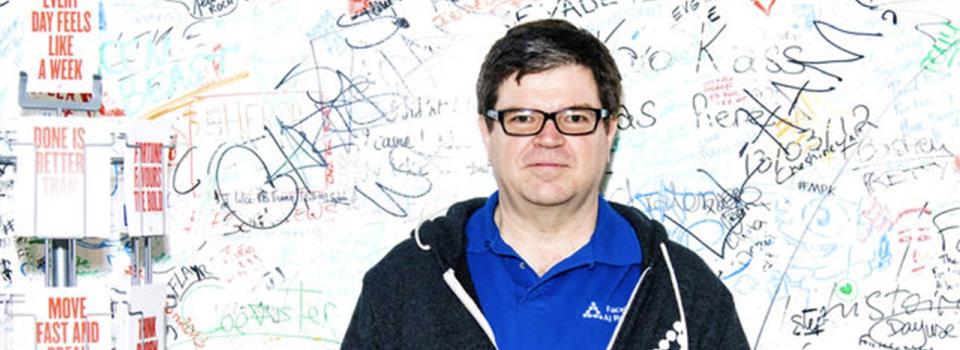
The rapid progress of AI in the last few years are largely the result of advances in deep learning and neural nets, combined with the availability of large datasets and fast GPUs. We now have systems that can recognize images with an accuracy that rivals that of humans. This is causing revolutions in several domains such as information access, autonomous transportation and medical image analysis. But all of these systems currently use supervised learning in which the machine is trained with inputs labeled by humans. The challenge of the next several years is to let machines learn from raw, unlabeled data, such as video or text. This is known as predictive (or unsupervised) learning. Intelligent systems today do not possess "common sense", which humans and animals acquire by observing the world, by acting in it, and by understanding the physical constraints of it. I will argue that the ability of machines to learn predictive models of the world is a key component of that will enable significant progress in AI. The main technical difficulty is that the world is only partially predictable. A general formulation of unsupervised learning that deals with partial predictability will be presented. The formulation connects many well-known approaches to unsupervised learning, as well as new and exciting ones such as adversarial training.
Yann LeCun is Director of AI Research at Facebook, and Silver Professor of Data Science, Computer Science, Neural Science, and Electrical Engineering at New York University, affiliated with the NYU Center for Data Science, the Courant Institute of Mathematical Science, the Center for Neural Science, and the Electrical and Computer Engineering Department. His current interests include AI, machine learning, computer perception, mobile robotics, and computational neuroscience. He has published over 180 technical papers and book chapters on these topics as well as on neural networks, handwriting recognition, image processing and compression, and on dedicated circuits and architectures for computer perception.He has been elected to the National Academy of Engineering.
The event include a one-hour talk, following a panel discussion:
10:00 am - 11:00 am Predictive Learning and the Future of AI
11:15 am - 12:00 pm Panel Discussion


